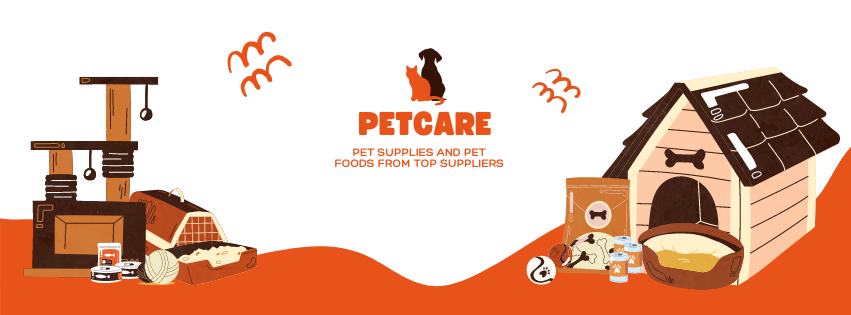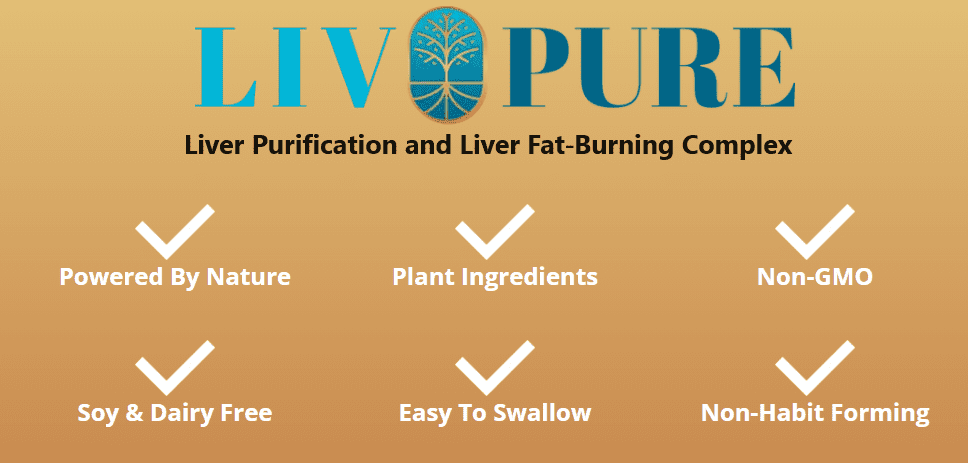Creating a last will and testament is an important step in estate planning, as it allows you to determine how your assets will be distributed after your death. While many people choose to hire an attorney to create their will, there are also do-it-yourself legal forms available that can be a cost-effective and convenient option. In this article, we will discuss the benefits of using DIY last will legal forms.
Cost Savings
One of the most significant benefits of using DIY legal forms to create a last will and testament is cost savings. Hiring an attorney to create a will can be expensive, and the fees can vary depending on the complexity of your estate and the attorney’s hourly rate. In contrast, DIY legal forms are typically much less expensive and can be easily obtained online or from a legal document preparation service.
Convenience
Another benefit of using DIY legal forms is convenience. Many people find it more convenient to fill out a legal form from the comfort of their own home than to schedule appointments with an attorney. In addition, DIY legal forms can be completed at your own pace and on your own schedule, without the need to coordinate with an attorney.
Control
Creating a will using a DIY legal form also gives you greater control over the process. With a DIY legal form, you are responsible for filling out the document and determining how your assets will be distributed. This can be empowering for some people, as it allows them to ensure that their wishes are accurately reflected in the document.
Privacy
Creating a will using a DIY legal form also offers greater privacy. When you hire an attorney to create a will, you must share personal information with the attorney and their staff. With a DIY legal form, you can fill out the document in the privacy of your own home without sharing your personal information with anyone else.
Flexibility
Another benefit of using a DIY legal form to create a last will and testament is flexibility. Legal forms are available for a variety of estate planning needs, from simple wills to more complex estate plans. This allows you to choose the legal form that best meets your specific needs.
However, it is important to keep in mind that DIY legal forms may not be suitable for everyone. If you have a complex estate or have concerns about the legal validity of your will, it may be best to consult with an attorney. An experienced estate planning attorney can help you create a comprehensive and legally binding last will and testament that reflects your wishes and protects your assets.
Legal Validity
One of the most important considerations when using a DIY legal form to create a last will and testament is legal validity. A poorly written or incomplete will can lead to disputes among beneficiaries and may not be legally binding. Therefore, it is important to ensure that the legal form you choose is up-to-date and meets the legal requirements of your state.
Most DIY legal forms come with instructions for filling out the document, which can help ensure that the document is complete and accurate. In addition, many legal document preparation services offer customer support to answer any questions or concerns you may have during the process.
However, it is important to keep in mind that DIY legal forms are not a substitute for legal advice. If you have a complex estate or have concerns about the legal validity of your will, it is always recommended to consult with an attorney.
Updating Your Will
Another important consideration when using a DIY legal form to create a last will and testament is updating the document. Over time, your assets and beneficiaries may change, and it is important to update your will accordingly.
Most DIY legal forms come with instructions for updating your will, and it is important to review your will periodically to ensure that it accurately reflects your wishes. In addition, it is important to store your will in a safe place and provide copies to your executor and any other relevant parties.
Conclusion
In conclusion, using a DIY legal form to create a last will and testament can be a cost-effective and convenient option for many people. It offers cost savings, convenience, control, privacy, flexibility, and the ability to create a legally binding document. However, it is important to ensure that the legal form you choose meets the legal requirements of your state and that the document is complete and accurate.
While DIY legal forms can be a great option for some people, they may not be suitable for everyone. If you have a complex estate or have concerns about the legal validity of your will, it may be best to consult with an attorney. An experienced estate planning attorney can help ensure that your will accurately reflects your wishes and protects your assets.
In addition, it is important to periodically review and update your will to ensure that it accurately reflects your wishes. This can be especially important if you experience a significant change in your life circumstances, such as a divorce, marriage, birth of a child, or significant change in your assets.
Overall, using a DIY legal form to create a last will and testament can be a convenient and cost-effective option for many people. However, it is important to ensure that the document is legally valid and accurately reflects your wishes. If you have any concerns or questions during the process, it is always recommended to consult with an attorney or legal professional.













